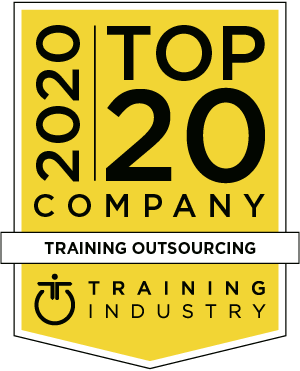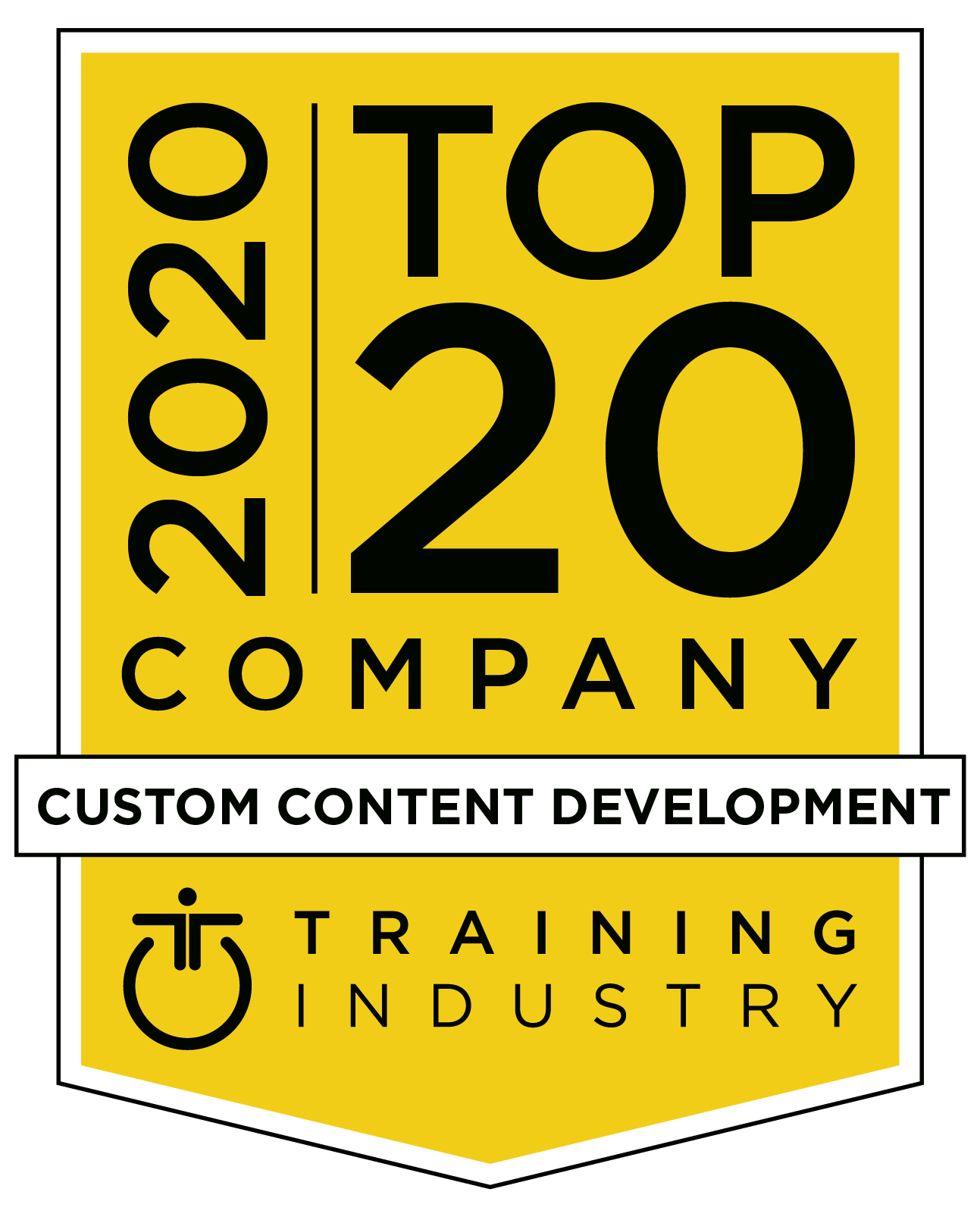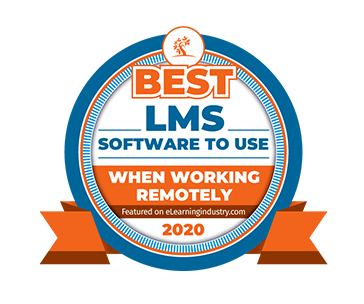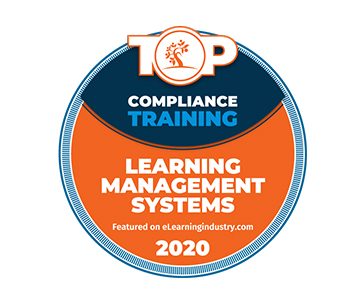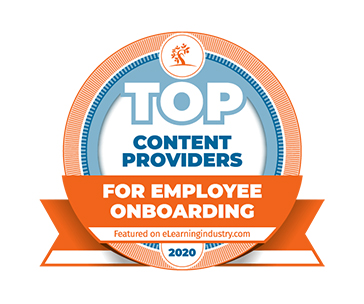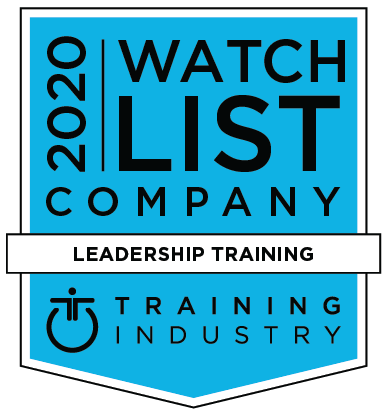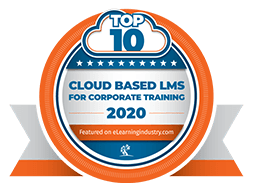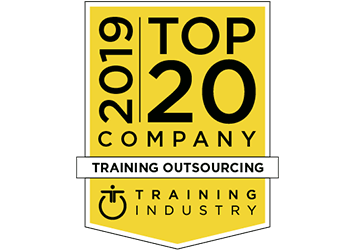Managed Learning Services to Support the Learner Lifecycle
Managed Learning Services providers can not only scale your L&D talent bench with staffing, but also lead development and modernizing of learning content and programs, drive learner engagement and report on business impact.
-

Managed learning services drives efficiencies on your L&D team, letting you use your best resources where you need them most.
-

Many training outsourcing providers have a network of instructors and access to more online courses and seminars to increase the number of learning options available.
-

Managed learning services providers can not only scale your organization’s L&D talent bench, but also oversee development and reporting of learning programs.
-

If your business is in a highly-specialized industry with special compliance and regulatory requirements, you may benefit from a managed services provider.
Education is one of the keys to efficiency and employee retention in an organization. Training new employees as well as current workers is essential to reducing turnover and improving effectiveness in work processes. However, managing the education requirements can be time-consuming for human resources or other departments of the company.
What are Managed Learning Services?
Developing and managing learning programs can be quite a complicated task for any business. One option is to outsource your training with vendors that provide managed learning services. These companies can help with the development of the programs as well as managing updates and providing access to employees.
These companies provide a variety of training outsourcing services. They design and develop content that meets with industry or company standards and regulations. They administer and deliver content to the relevant parties and monitor testing scores. Part of the services include tuition management. Many times, businesses use different types of learning from various vendors. They may have some in-house courses and online classes as well as instructor-led instruction. It can be difficult to manage these different avenues for training as well as being certain which employees have completed the mandatory education and any optional courses.

The Benefits of Managed Learning Services
One of the most obvious advantages of outsourcing your learning and development programs to a managed learning services provider is it saves time. Instead of constantly thinking about training and continuing education requirements, you can focus on the core aspects of your business. The experts are more efficient at the tasks involved in managing education programs. They will also be more organized and often provide more options for training that what a company can develop for themselves.
Another benefit is improved learning opportunities. Many service providers have a network of instructors and access to online courses that increase the number of learning options and accelerate managed learning transformation for their clients and partners. The result is better trained, well-prepared employees who have the latest information for the standards in their industry.
Training outsourcing enables businesses to control costs associated with educating employees. They aren’t responsible for the administrative duties or content development of new content. Additionally, company resources must be allocated to training along with hiring a trainer or bringing in experts to train staff on a periodic basis.
eLearning with Managed Learning Services
Many businesses struggle to create content for training. They may provide the most basic information but not have the time or resources to delve in-depth into the topics that are relevant for the employees. For example, a bank will train employees on what to do in an attempted robbery. However, they will often use one common scenario as part of their training program. They may have a police officer come in to talk about what to do in a robbery situation.
Through managed learning services, more information can be provided on preventing and handling a robbery. Employees may take a quiz through an eLearning course where they work to improve their ability to recognize details about the robbers so they can provide more information to the police. This is just one example of how traditional training can be enhanced through eLearning specifically and more generally through outsourcing training programs.

Should You Outsource Training for Your Business?
Training outsourcing isn’t like outsourcing other core tasks of a business. You must determine if it’s beneficial for your company. First, you need a clear understanding of what training is needed for your company. If your business is in a highly-specialized industry with special compliance and regulatory requirements, you may benefit from a managed services provider.
Companies with high turnover may also benefit from outsourcing training rather than trying to keep up with training requirements. Businesses in industries like health care, construction or finance often have numerous requirements for continuing education and mandatory training. Even if the company attempts to keep training in-house, they may find it challenging to manage the updates for training as regulations change. They must track all completed training for every employee and ensure they maintain compliance for any certified or licensed employees.
If your business could benefit from managed learning services, you should consider InfoPro Learning. With the ability to adjust services as your business grows, you can ensure all employees are trained and meet industry requirements. Instead of trying to keep up with the educational needs of your employees, you can focus on the core services of your organization while ensuring your staff is prepared to serve your customers.










